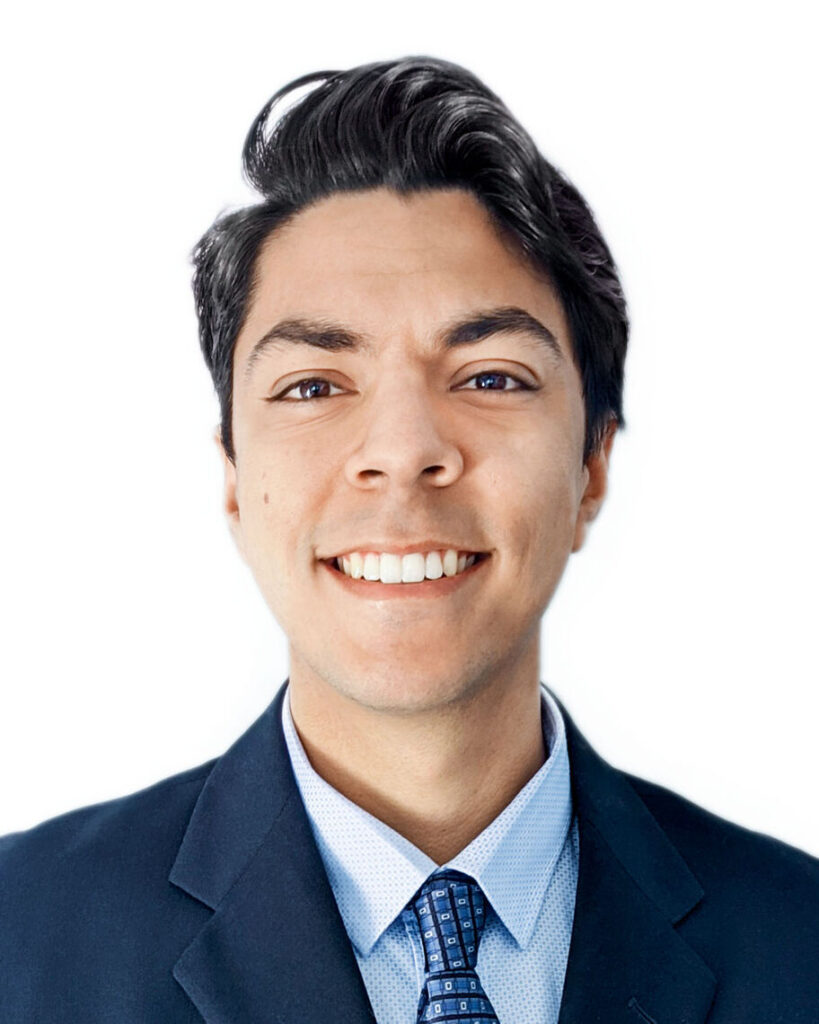- Fellow Highlights
LOOKING BACK AT THE FELLOWSHIP: PhD Student Patrick Collard
2022 Paul & Daisy Soros Fellow Patrick Collard is a PhD student at the University of California, Berkeley.
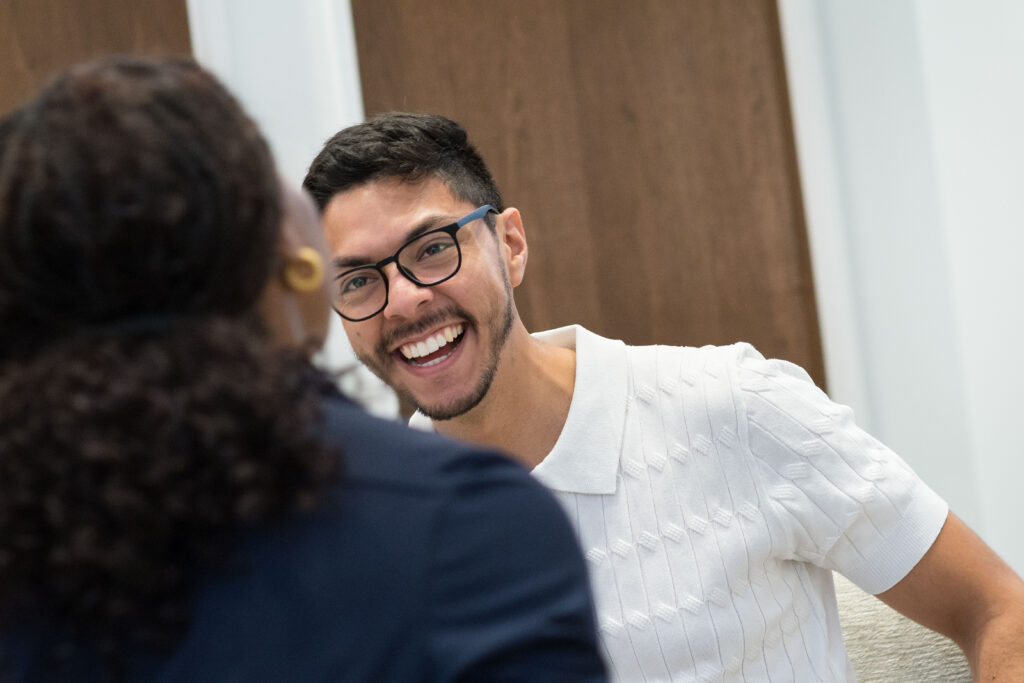
Fleeing violence in Guerrero, Mexico, Patrick Collard moved to the United States in 2013 when Patrick was 15 years old. The contrast between Mexico and the US was stark and sparked Patrick’s early interest in development economics.
Patrick attended University of South Florida, where he pursued a bachelor’s of science degree in quantitative economics and a bachelor’s of arts degree in mathematics. In college, Patrick was finally able to dive into economics and found its theoretical framework useful to better understand the economic and social disparities he witnesses firsthand. He graduated summa cum laude and was given the Outstanding Scholar Award in 2020.
After graduating college, Patrick worked as a pre-doctoral research fellow with Economist Amy Finkelstein at MIT. While working on health economics projects at MIT, Patrick became increasingly aware of the flaws of the American healthcare system and hopes to investigate ways to improve access and quality of care for individuals with especially complex backgrounds. Patrick is working toward a PhD in economics under the NSF Graduate Research Fellowship at UC Berkeley and hopes to contribute to our society’s understanding of poverty and the policies in and outside of the US that shape lives like his own.
We caught up with Patrick about what’s next and what the Fellowship has meant to him:
Can you tell us more about your graduate studies? What questions are you pursuing? What is the main focus of your studies?
I will likely focus my research in topics relating to healthcare, innovation and development. I am particularly interested in the role of competition in healthcare markets and the mechanisms through which it spurs innovation or technology adoption in high and low income settings. A current project I am working on relates to the impacts sourcing from the introduction of a sophisticated agent able to recognize quality in a (healthcare) market where agents are largely uninformed.
Where are you with your graduate program now? Whether you’re still in school or you’ve graduated, what’s the next step for you or what are the steps you’ve taken after graduating?
I am still pursuing my PhD in Economics. I am currently studying for the field exams focused in development economics and industrial organization, which are the subjects I’ll be specializing in. The exams will mark the end of the course based portion of the PhD and I will be transitioning into my 3rd year, where I’ll start the dissertation stage. Besides studying for the exams, I will also be aiding faculty in several research projects relating to innovation and development.
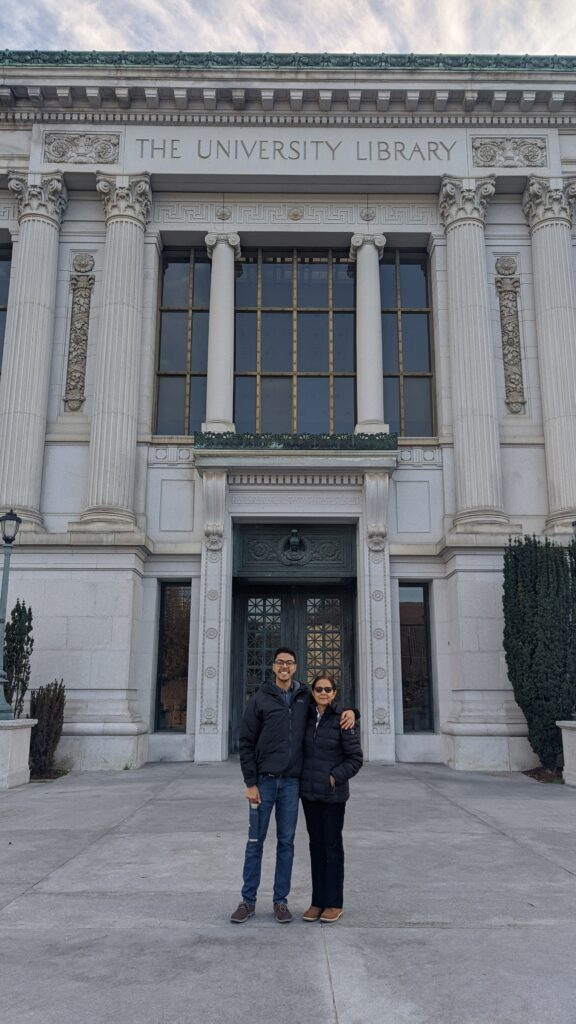
How do you describe The Paul & Daisy Soros Fellowships for New Americans program to others?
The Paul & Daisy Soros Fellowship offers much more than financial aid. It introduces fellows to a lifelong community of supportive individuals with diverse yet overlapping backgrounds. Through this Fellowship, fellows can form enduring friendships, and the commitment to support and encourage one another is continuously demonstrated.
Do you have any favorite memories from the past two years as a Paul & Daisy Soros Fellow?
My favorite set of memories would certainly be in the New York conference where I got to meet the fellows for the first time. My cohort is formed by an amazing group and I clearly remember feeling quickly connected to so many of them. Although it was the first time meeting them, conversations were truly easy to start and they would quickly evolve to deep and meaningful discussions. We shared our experiences, ambitions, and diverse perspectives, creating a strong bond that has only grown stronger over time. The energy and camaraderie of that conference remain some of the most cherished moments of my fellowship experience.
You’re now finishing up your second year of the Fellowship program. Has the Fellowship been what you expected?
The Fellowship has been far more than I expected. While I knew that the fellows were a group of very impressive people, I didn’t expect the amazing friendships and all the support I encountered within and across cohorts. The sense of community and the willingness to help each other succeed has been incredible. Whether it’s through discussing ideas, personal advice, or simply sharing life experiences, the connections I’ve made have enriched my life in ways I never imagined. ∎
Keep Exploring
-
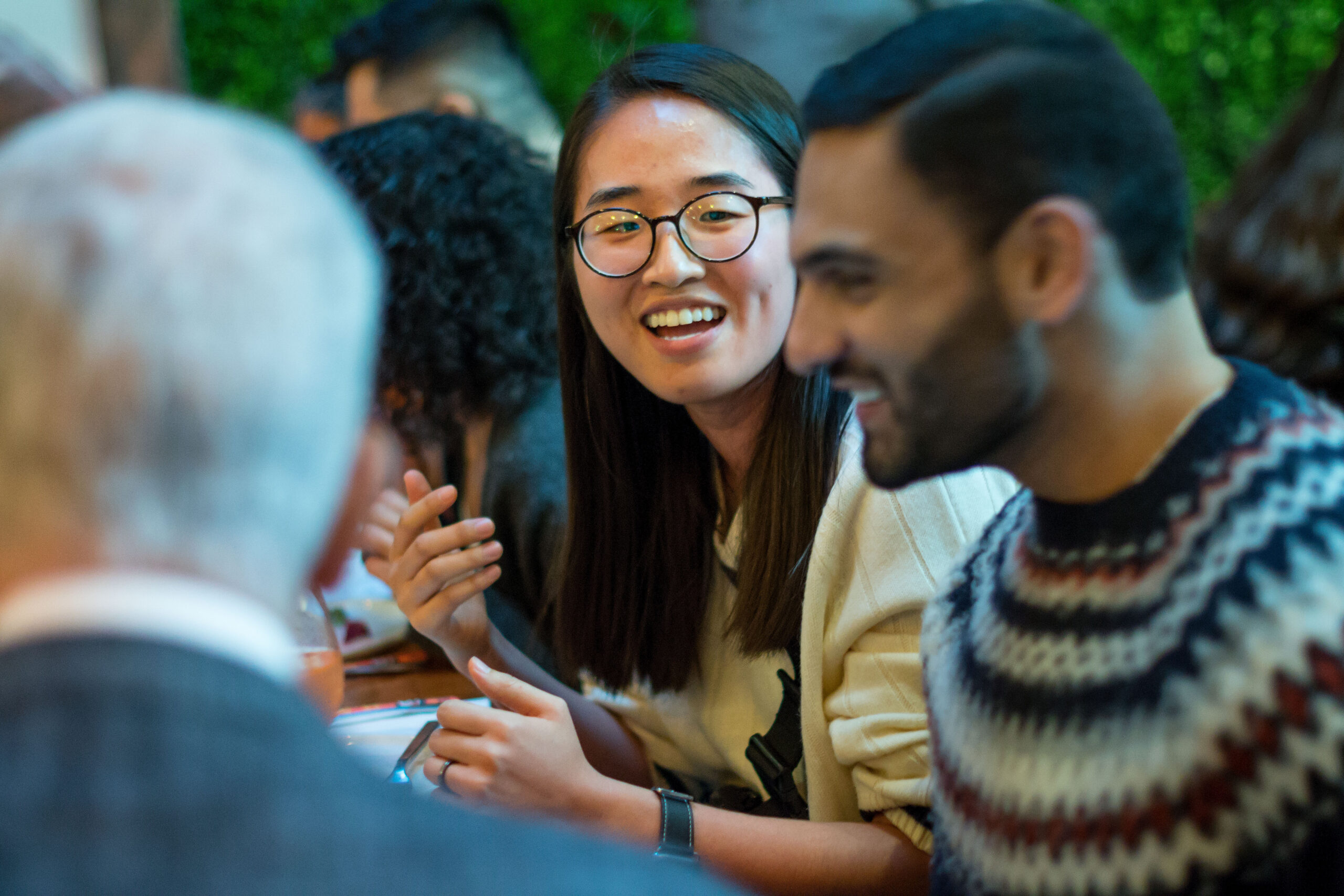 Read more: Kathy Ku Steps into Leadership as PDSFA Chair
Read more: Kathy Ku Steps into Leadership as PDSFA Chair- Board of Directors
- Fellowship News
Kathy Ku Steps into Leadership as PDSFA Chair
-
 Read more: Q&A with MD/PhD Student Silvia Huerta Lopez
Read more: Q&A with MD/PhD Student Silvia Huerta LopezQ&A with MD/PhD Student Silvia Huerta Lopez
-
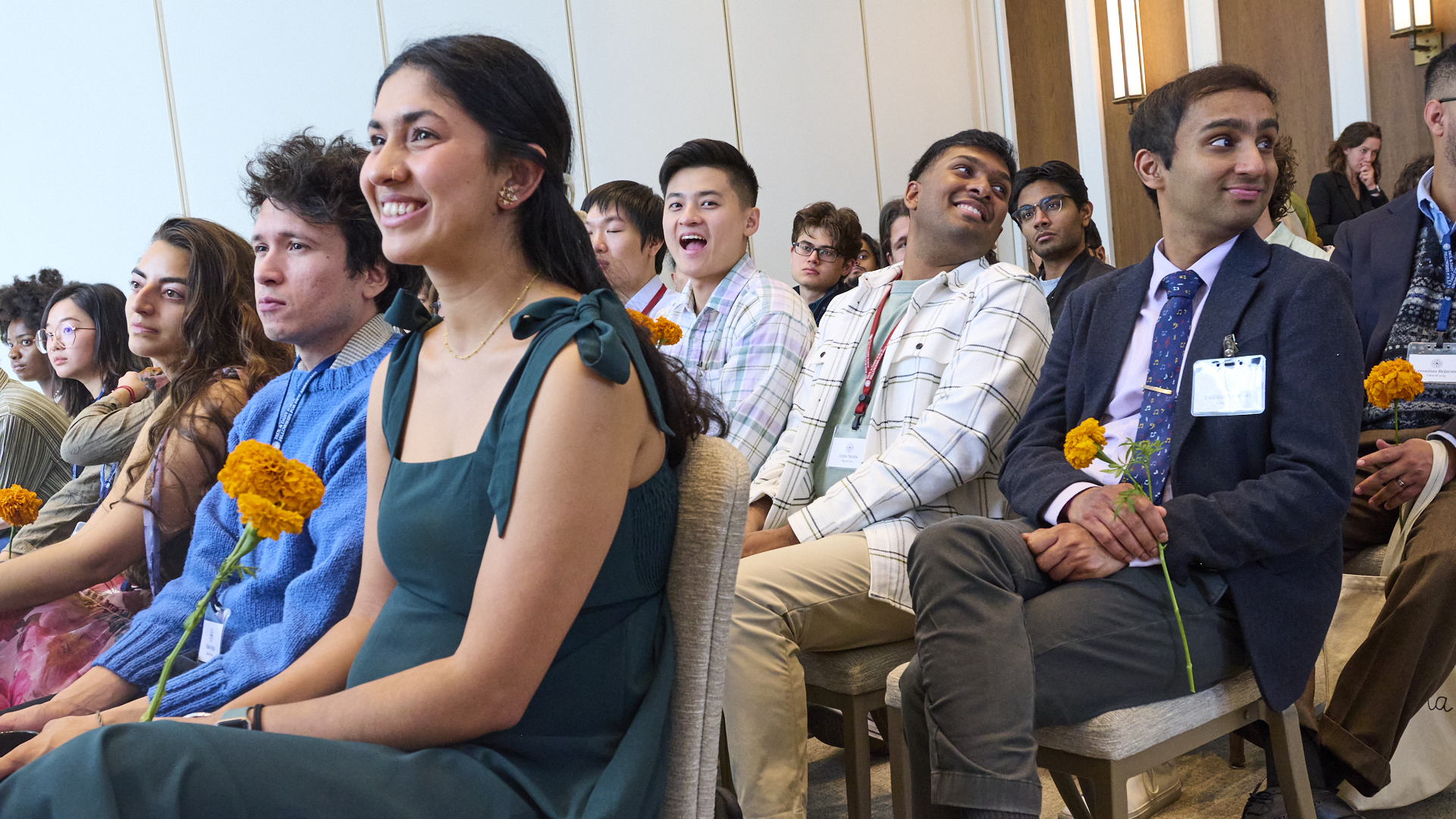 Read more: PD Soros Eligibility Guide for PhD Applicants
Read more: PD Soros Eligibility Guide for PhD Applicants- Applicant Information
PD Soros Eligibility Guide for PhD Applicants
-
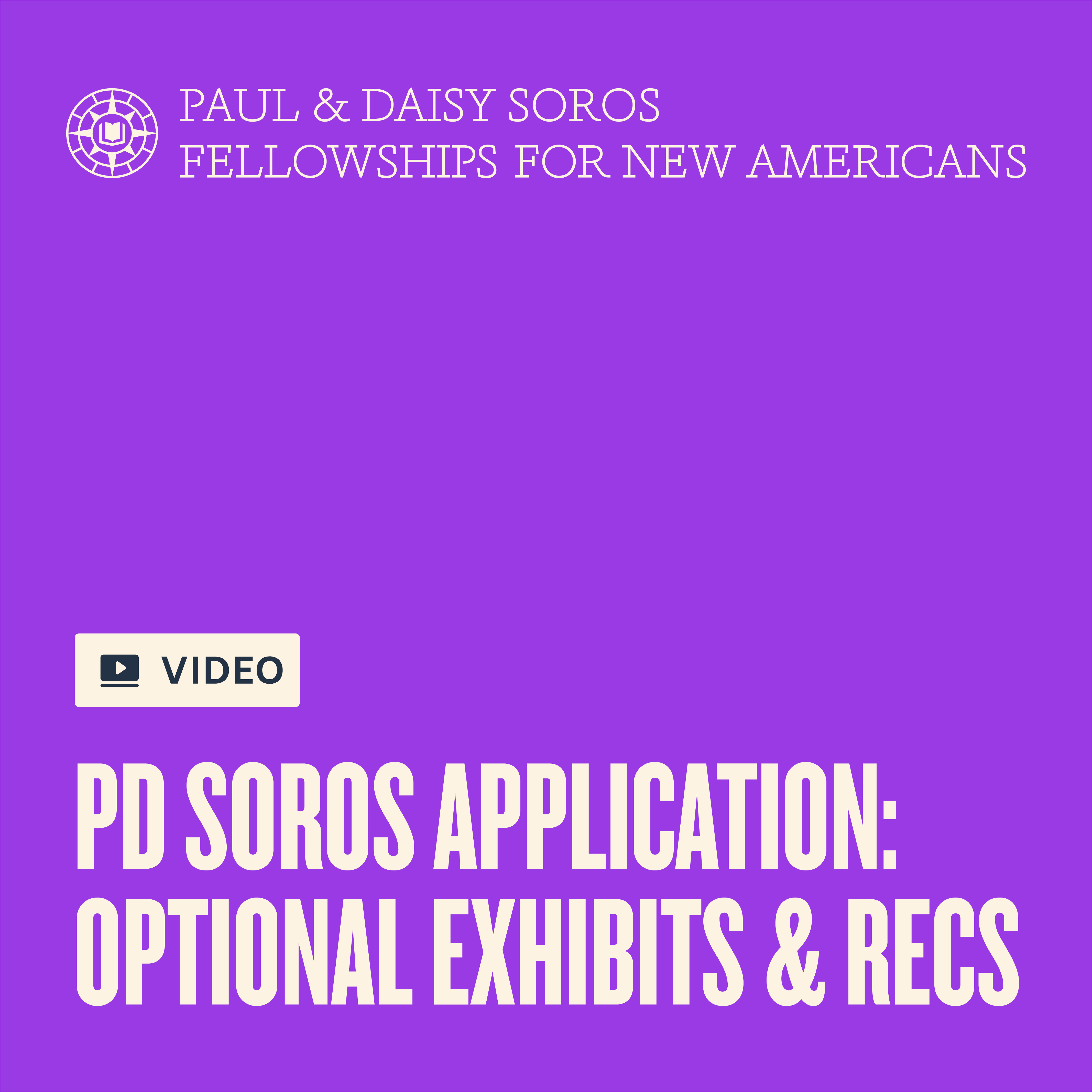 Read more: Watch: Optional Exhibits & Recommendations
Read more: Watch: Optional Exhibits & Recommendations- 2025 Information Sessions
Watch: Optional Exhibits & Recommendations
